The Power of Song
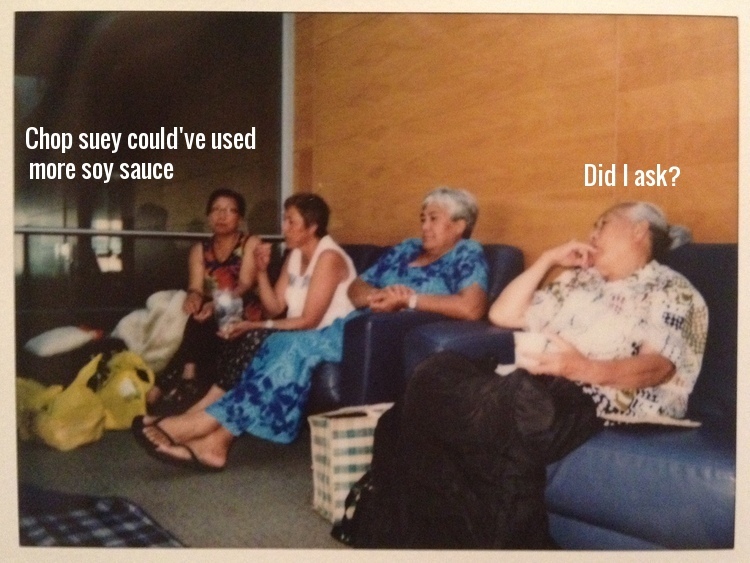
Coco Guest blogger Madeline chapman from Spinoff talks about the trials and smiles of learning Samoan church songs.
But after moving in with my Aunty Henga in my second year at Auckland University, I found myself in the centre of true blue Samoan lotu. There was a song to begin, a prayer from everyone present, another song, a final prayer from Uncle Asora (a minister), then a song to finish. All this, and I didn’t understand a single word.
Lotu is pretty boring even when you know what you’re praying for. Lotu when you can’t understand what is going on is next level. For me, lotu was essentially sitting in silence and trying to pick out the odd word that I recognised.
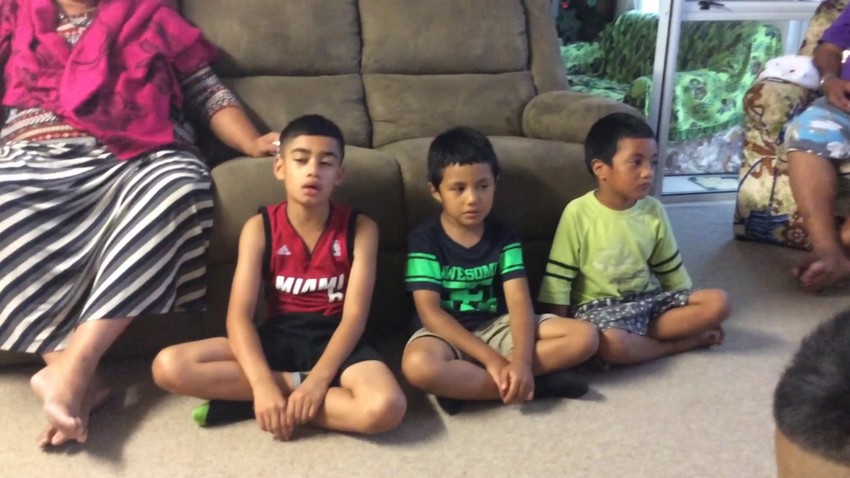
But the songs were awesome. I quickly found my favourite in a period of Samoan hymn discovery. I always hoped that Asora would choose this particular psalm to sing because I could listen to it all day and could even sort of sing along. But once I went back to Wellington, I couldn’t remember it anymore. I asked my mum and she had no idea because the only words I knew from the song were “ma folafola”. I didn’t even know if those were real Samoan words or if there should have been spaces somewhere in there but I knew that we had sung those sounds.
Apparently that was not enough to identify the song, even for Aunty Henga. So I quietly went about my days and every once in a while I would try to find the song. I googled it, youtubed it, asked other relatives, searched the little psalm book. Nothing.
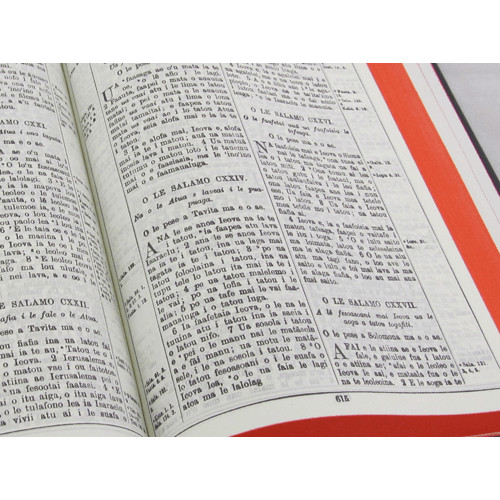
People asked me to sing it so they could hear the tune. If you can’t sing, the worst thing someone can say to you is “I don’t recognise those lyrics, can you sing a little of it?”
No, I cannot.
Months went by, years went by and I never heard the song again. I started to wonder if maybe I had imagined the song during my lotu daydreams and it didn’t even exist.
Fast forward to February of this year and I am in the ICU waiting area of Wellington Hospital, getting ready to say goodbye to my Uncle Togia, mum’s brother. He had had heart surgery and was not recovering, said the doctors. They gave him a few hours to live.
After a few days with Uncle Togia miraculously hanging on, the ICU waiting area became our second home. Aunties brought in food, everyone ate and caught up with cousins, puzzles were completed, love was shown.
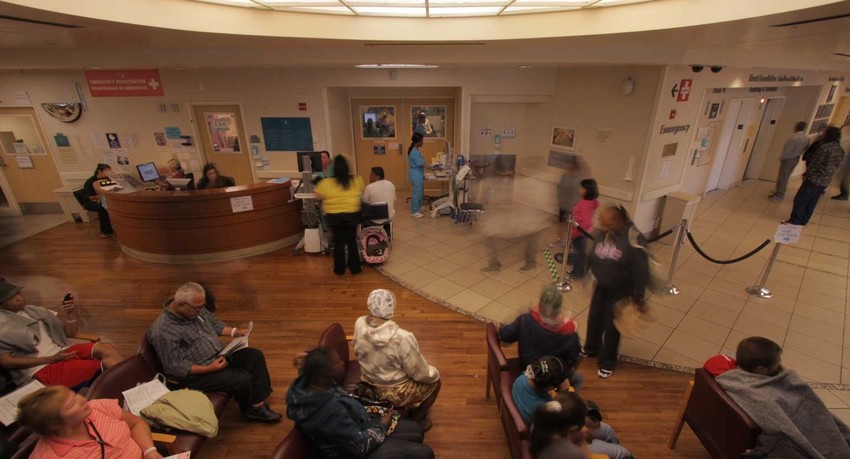
On the same day that the doctors told us Uncle Togia would be okay, a true miracle, the waiting area was suddenly filled with a lot of people I had never seen before. They were mostly young, white, and in mourning. We didn’t know what to do or say. It was a juxtaposition of us having just received the best news, and them having just received the worst news, both waiting in the same lounge.
The next day, even more young people showed up. As they each came out of the ward inconsolable and left, the waiting area emptied and we resumed our positions on the many couches.
Uncle Asora started saying Lotu and once again I found myself daydreaming about English words that I could understand.
Then everybody started to sing. They started to sing the song. I couldn’t believe it. I almost cried as I joyfully joined in. With so many relatives there, it sounded incredible.
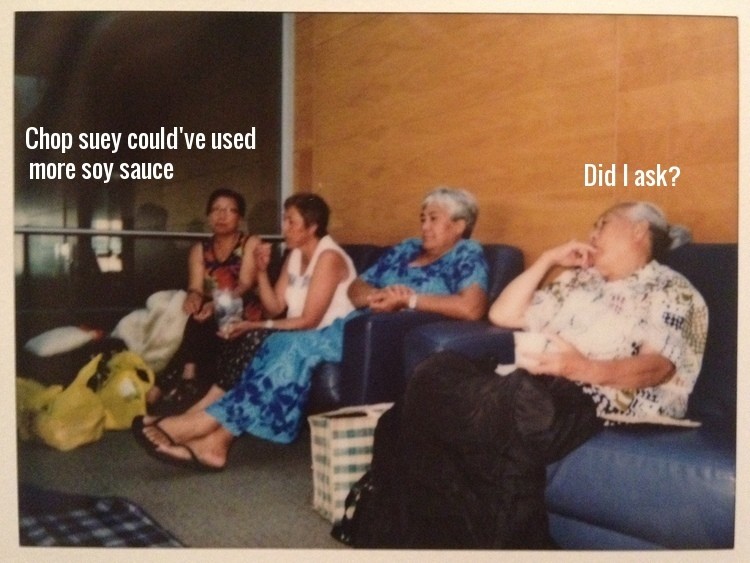
Halfway through the song, some of the young people from that morning walked into the waiting area on their way back to the ward. But they stopped before going through the next door when they heard the singing. They stopped in their grief and listened as my family sung our song of joy and worship. When the song was finished and the Samoan prayers resumed, they silently stood and carried on into the next room.
There was something so beautiful in that moment that I will never forget. It didn’t matter that we were coming from different places, one of grief and the other of relief. It didn’t matter that the words were not English. It didn’t matter that we had never spoken to each other.
The singing of Samoan hymns transcended all barriers in a way that I haven’t seen with anything else. I knew there was a reason it was my favourite song.
By Madeleine Chapman
